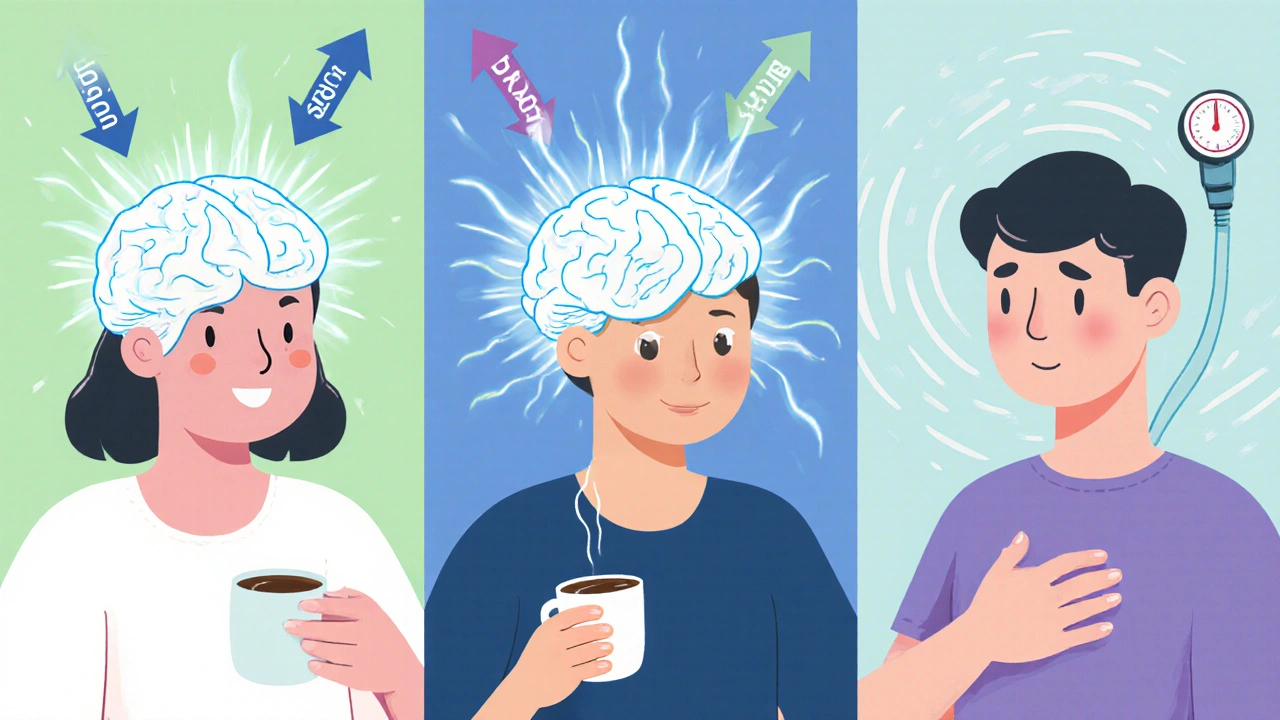Fluoxetine: What It Is, How It Works, and What You Need to Know
When you hear fluoxetine, a selective serotonin reuptake inhibitor (SSRI) used to treat depression, anxiety, and obsessive-compulsive disorder. Also known as Prozac, it's one of the most prescribed antidepressants in the world because it works for many people without the heavy sedation of older drugs. But fluoxetine isn’t just a pill—it’s part of a bigger system. It affects serotonin, a brain chemical tied to mood, sleep, and even digestion. That’s why it shows up in discussions about SSRIs, a class of antidepressants that increase serotonin levels by blocking its reabsorption, and why mixing it with supplements like 5-HTP, a precursor to serotonin often taken for mood support can be dangerous. Taking both can push serotonin levels too high, leading to serotonin syndrome—a real, sometimes life-threatening condition with symptoms like confusion, rapid heart rate, and muscle rigidity.
Fluoxetine doesn’t work the same for everyone. Some people feel better in weeks. Others need dose changes or a switch to another antidepressant. That’s why you’ll find guides on antidepressant switching, the careful process of moving from one medication to another to avoid withdrawal or dangerous interactions. Fluoxetine has a long half-life, meaning it sticks around in your body longer than most SSRIs. That can make switching smoother—but also trickier if you’re not careful. You can’t just stop it cold. Tapering matters. And if you’re on other meds like Wellbutrin or even common pain relievers, interactions can sneak up on you. This isn’t theoretical. People have ended up in the ER because they didn’t know fluoxetine could clash with other drugs.
What’s interesting is how often fluoxetine shows up in conversations about side effects, lifestyle changes, and long-term use. It’s not just about depression—it’s about sleep, appetite, energy, and even sex drive. Some people gain weight. Others feel jittery at first. A few report emotional numbness. These aren’t side notes. They’re real experiences that shape how people use the drug. And because fluoxetine is often taken for months or years, understanding how it fits into your daily life matters as much as the prescription itself. That’s why the posts here cover everything from how it interacts with supplements to what to expect when you switch off it. You won’t find fluff. Just straight talk on what works, what doesn’t, and what to watch out for.
Bupropion stands out among antidepressants for its unique effect on dopamine and norepinephrine. Compare it to sertraline, fluoxetine, venlafaxine, and others to find what fits your symptoms, side effect tolerance, and lifestyle.
View Details

